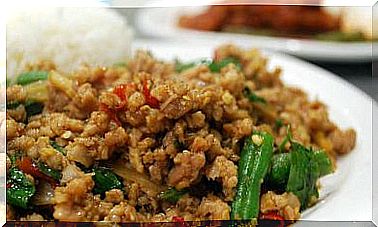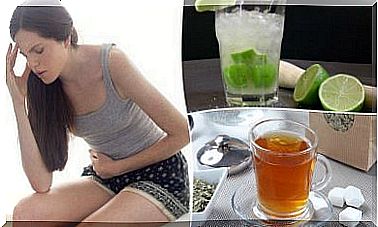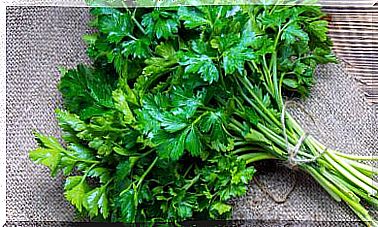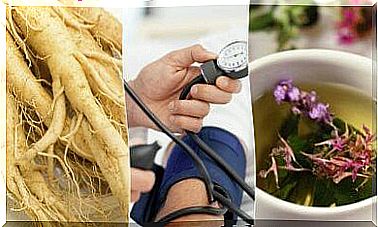Appendicitis: What Is It And Why Does It Occur?
The inflammation of the appendix is a very common ailment at any age. In most cases, a surgical procedure is performed to remove this small segment located at the end of the large intestine. You can read this article to learn more about appendicitis.
Appendix: what is its usefulness?
The appendix becomes inflamed for unknown reasons causing what is called appendicitis. Although some authors associate it with poor diet or emotional stress, there is no firm scientific evidence that confirms such an association.
This pathology is also dangerous because, if it is not treated in time, the appendix can be perforated and part of the intestinal content can be spilled throughout the body.
This condition is called peritonitis (according to this report from the National Library of Medicine of the United States) and it is very serious, since it can cause a serious infection and even death. Also, if the woman suffers from peritonitis, the ovaries or fallopian tubes can become infected and cause infertility.
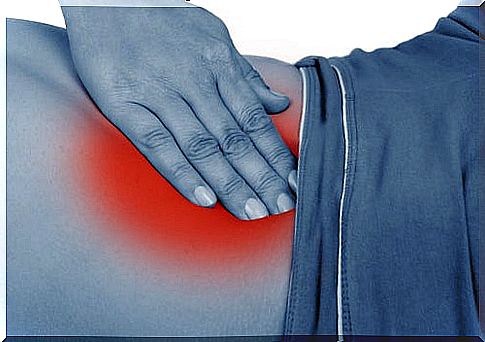
How to detect appendicitis
There are symptoms that are characteristic of this disease, although many of them are also typical of other pathologies.
Therefore, it is necessary to pay close attention to avoid a misdiagnosis that can be aggravated if peritonitis occurs. Some of the most frequent are:
- Nausea or vomiting
- Sudden severe pain in the lower right part of the abdomen or around the navel
- Abdominal swelling
- Constipation or diarrhea
- Slight fever
It is not always easy to detect the symptoms of appendicitis because it is confused with the signs before a flu or an attack on the liver.
The opposite case can also be given, that the operation is diagnosed and performed, without presenting inflammation.
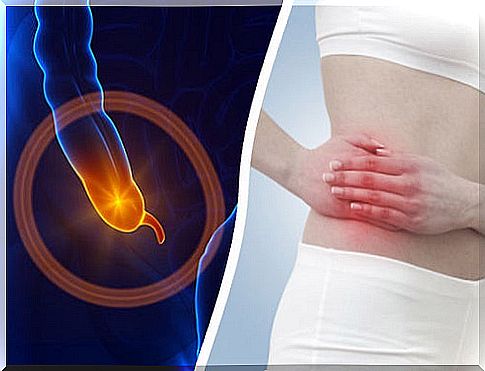
Maybe you’re interested: “Emergency signs and Symptoms of Appendicitis”
Recommendations regarding our lifestyle
In any case, the acquisition of appropriate habits, especially at the intestinal level, could help us improve our general health in the face of this possible condition.
Here are a series of guidelines to improve our lifestyle:
Reduce stress
Emotional rest is very important since anxiety, stress and nerves bring negative consequences to our health. This study carried out by the Autonomous University of Nuevo León (Mexico) emphasizes the need to take care of our mind to avoid physical problems, many of them avoidable if we maintain reduced stress levels.
Try not to live in a hurry, angry, worried, dissatisfied, or thinking ahead. Take time to do things that you like and that “fill your soul” such as reading a book, taking a nap, playing with your children or going for a walk in the park.
Dieting
Eating a balanced diet is vital to feeling good and keeping your intestines in good health.
It is better a larger number of intakes, but smaller, to eat a lot twice a day.
Avoid fats of animal origin, cold cuts, dairy products, sugars and refined flours.
Instead, increasing your intake of whole grains, fruits, vegetables, legumes, and nuts will help increase the amount of fiber in the intestine, regulating bowel movements.
Work out
Playing sports two or three times a week can release tension. In addition, it will help maintain a healthy weight and escape sedentary lifestyle. According to this study by the Austral University of Chile, this would be associated with an increased risk of cardiovascular diseases.
Walking, walking, cycling, running, swimming, dancing… The important thing is to keep the body moving within our means.
What to do after the operation?
If you have had an operation for appendicitis, it is important that your diet is very healthy and of high quality. It is advisable to follow a soft diet.
Foods to avoid
- Fatty foods
- Dairy products
- Red meat
- Coffee
- Tea
- Chocolate
- Hot sauces
- Very strong seasonings
It is possible that after the operation, after meals, the person does not have much tolerance to certain foods.
Not exerting yourself, eating the right diet, getting as much rest as possible, walking, and avoiding stress can help as part of your recovery.

